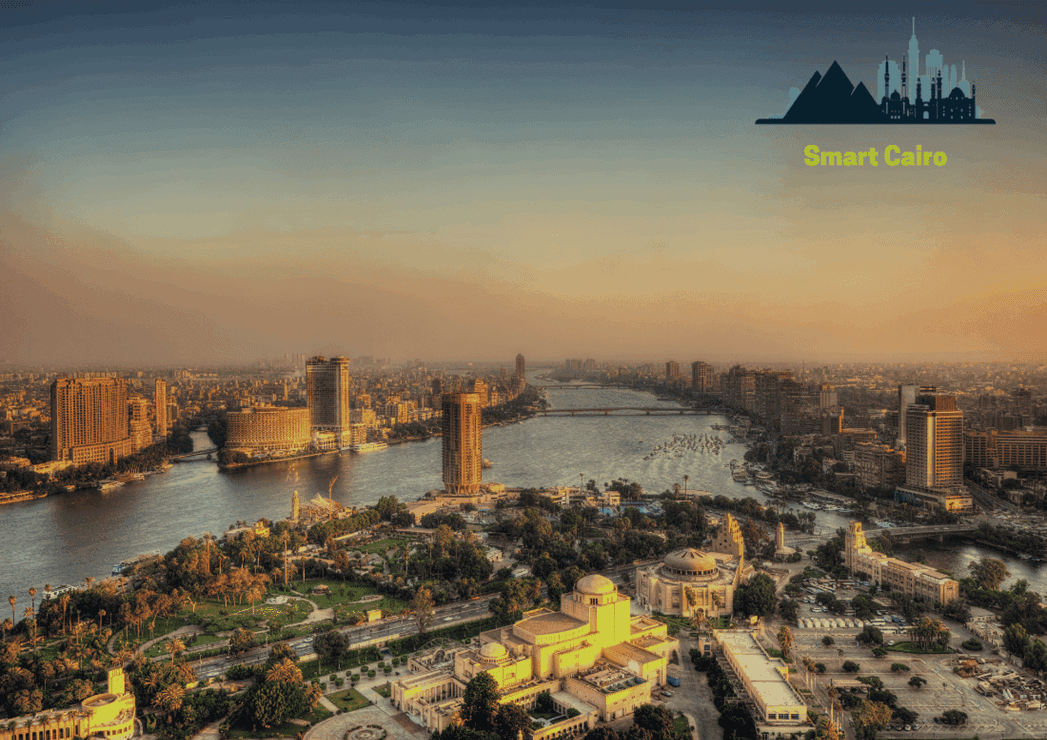A consortium led by SUEZ Aria is deploying a smart device coupled with an advanced digital twin to better understand heat islands in Cairo. Forhom by Egis is leading the educational part of this mission, through the development of a digital training application, Smart Cairo. During a "Ted X" conference at COP 27, the first results of the studies conducted will be presented and scenarios for adapting to climate change will be proposed.
About Smart Cairo.
The urban heat island phenomenon is an aggravating and accelerating factor of climate change in cities. It leads to an increase of +6.5°C in temperatures observed in Cairo. This temperature increase aggravates the social and health impact of heat waves, which are becoming more intense and frequent due to climate change. In addition, the heat island phenomenon has been shown to increase the demand for electricity to cool buildings and critical infrastructure.
Smart and collaborative urban planning tools are essential to mitigate the impact of heat islands and climate change in cities. The cluster's scheme will not only explore mitigation strategies, but also plan and monitor actions to improve local resilience to climate change.
A dedicated showcase session during COP27.
Forhom by Egis is in charge of the educational engineering of the awareness-raising workshops during the project, will also be in charge of the animation of the conference, which will be very interactive, alternating a TED-talk type presentation with a video projection and a participative game with the audience.
Michel Cassini, Director of Transitions Consulting at Egis Group, will co-host the conference with Robert Kelly from Suez Aria, addressing the topic of heat islands in relation to urban planning. In parallel, the "Smart Cairo" application, whose development is being piloted by Forhom by Egis, will make the conference 100% interactive: with quizzes, a question-and-answer session on the impact of heat island reduction, as well as on the potential strategies to be implemented for adaptation actions.
The Smart Cairo application will be accessible via smartphone by scanning a QR code at the beginning of the session. The results of the study (supported by images of the project's digital twins) will be displayed to guide the audience through different scenarios, commented by the participants and the speaker on stage.
Finally, a short video will conclude the discussion and illustrate the use of intelligent environmental platforms and digital twins to support decision making, policy development and performance evaluation of strategic initiatives.
COP27 is from 6 to 18 November. The conference will take place on 12 November at 6pm Cairo time.
